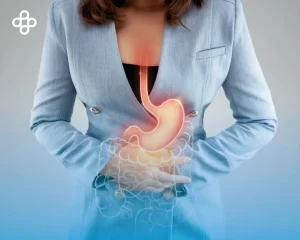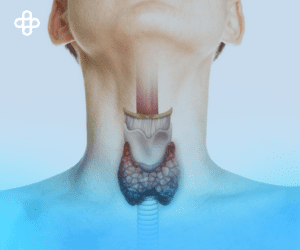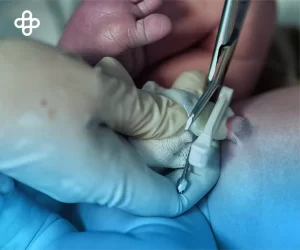Comprehensive Management of Colitis: Colitis treatment typically involves dietary changes, nutritional supplements, and prescription medications. In severe cases, surgery may be required. Mild colitis responds to medications such as steroids and anti-inflammatory drugs.
Treatment must be provided by your treating physician. However, let’s explore the various treatments depending on the type of colitis.
Ulcerative Proctitis (Ulcerative Colitis):
Currently, there is no medical cure for ulcerative colitis. Current medical treatments focus on increasing the time between outbreaks and making them less severe, which may include a variety of medications or surgeries.

Left-sided Colitis (Ulcerative Colitis):
Medications are currently the first-line treatment for ulcerative colitis. Depending on where symptoms appear in the colon, a doctor may recommend taking medications in several forms:
- An enema
- Rectal foam
- Suppositories
- Oral tablets
- Intravenous drip
After assessing the severity of the symptoms, doctors will prescribe one or more different medications to treat left-sided colitis.
Severe cases of colitis may require hospitalization. In the hospital, a person will receive intravenous medications and steroids to reduce symptoms.
In rare cases, typically those involving severe damage, inflammation, or bleeding in the affected area, doctors may recommend removing part of the colon.
Extensive Colitis (Ulcerative Colitis):
The optimal medical treatment of patients with inflammatory bowel disease requires the treating physician to obtain a thorough medical history, evaluate the patient, and perform the necessary diagnostic procedures.
The goals of pharmacological treatment are to improve the quality of life, reduce the risk of complications, and avoid surgical interventions.
Crohn’s Disease Colitis – Comprehensive Management of Colitis:
There is currently no cure, but many treatments can provide considerable relief and, in some cases, even achieve long-term remission.
Treatments may include anti-inflammatories such as corticosteroids, surgery, immune system suppressors, and antibiotics.
There is no single treatment that works for all cases of Crohn’s disease. The treatment attempts to decrease intestinal inflammation, prevent symptom outbreaks, and maintain remission.
Microscopic Colitis:
Microscopic colitis may improve on its own. But when symptoms persist or are intense, you may need treatment to relieve them.
Ischemic Colitis:
Treatment involves intestinal rest (reducing oxygen demands in the intestine) with an absolute diet, intravenous hydration, and control of possible triggers. The administration of broad-spectrum antibiotics is advisable to prevent overinfection of the intestinal mucosa.
Colitis Treatment for Cytomegalovirus:
Antiviral medications are the most common type of treatment. They can delay the reproduction of the virus but cannot eliminate it. Researchers are studying new medications and vaccines to treat and prevent cytomegalovirus.
Prognosis (Comprehensive Management of Colitis):
Researchers still have much to learn about ulcerative colitis, including left-sided ulcerative colitis. Although there is no cure for the condition, many people can greatly reduce their symptoms or put the condition into remission with the right treatment.
In conclusion, working directly with the physician is the best way to create a manageable treatment plan and reduce the risk of complications.
Comprehensive Management of Colitis.
Finally, If you want to know more, visit our article on What Are Stem Cells.





